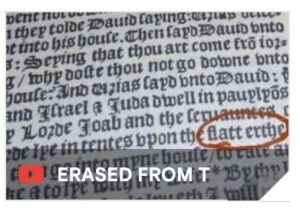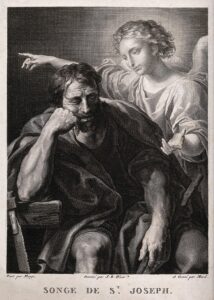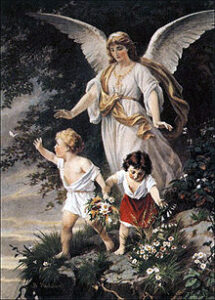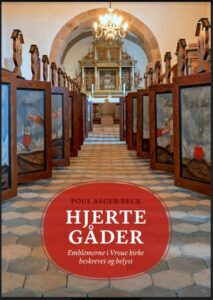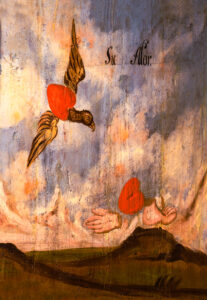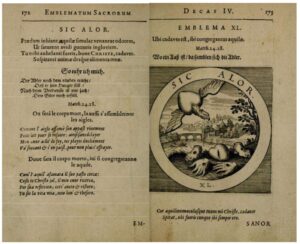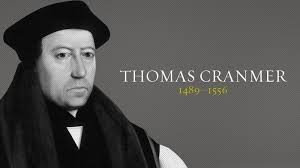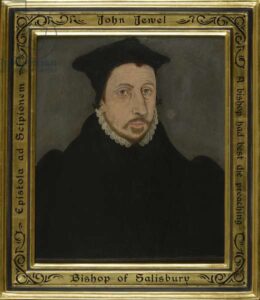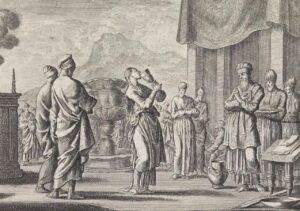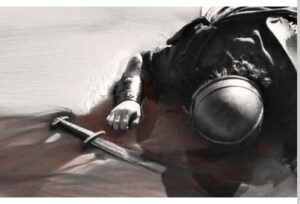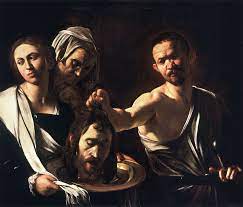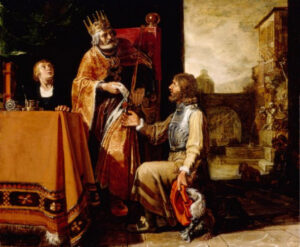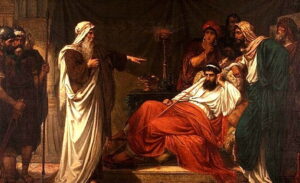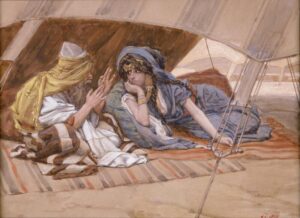This short study looks at two verses in Exodus which, in the teaching notes of the 1537 Matthew Bible, are related to Christ the Son of God. It also compares the notes on those verses from:
- the 1599 Geneva Bible (“GNV,” 1599 Tolle Lege edition).
- the Oxford Annotated Version (“OAV,” 1962, based on the RSV).
- the MacAurthur Study Bible (“MSB,” 2017, based on the NKJV).
This is a great way to sample the faith and teachings of these study bibles.
Figures of Christ in Genesis was studied here. A full study and comparison of all five books of Moses is here on Academia.edu.
Exodus 30:25 (with context). The anointing oil
MB: 22And the Lord spoke to Moses, saying, 23Take choice spices … 25And make with them a holy anointing oil, compounded according to the craft of the apothecary. 26And anoint the tabernacle of witness with it, and the ark of witness… [etc.]
MB note as updated in NMB: This holy anointing oil symbolizes the holiness and power of the Holy Spirit, declared or shown by the word of God, and descending down first on the head of Aaron, who is a figure of Christ, and consequently upon the apostles and all the faithful, as in Psalm 133.
GNV: No note, but a note on v26 says, “All things which appertain to the Tabernacle.”
OAV: No note.
MSB: General comment only on verses 22-33: “Nothing was left to chance or to human ingenuity. The ingredients for making the anointing oil were carefully spelled out. Anything different was totally unacceptable and brought with it the penalty of death (v33). This was to be a unique blend! Using it for any other purpose also erased its holy status as set apart for use in the tabernacle and made it no different from the ordinary and the mundane.”
My observations:
- MB: Only the Matthew Bible shows how Christ and the Holy Spirit were indicated and figured in this ritual, and the pouring out of the Spirit. It also exalts the word of God.
- GNV:The Geneva note on verse 26 only describes what is obvious from the text (everything was anointed). I searched through chapter 30 for a note in the GNV that mentioned Christ, but found none.
- OAV: The Oxford Annotated Version said nothing relevant.
- MSB: The MacArthur Study Bible did not refer to Christ, nor to the word of God, nor to the spiritual significance of the anointing oil.
Exodus 37:6. The mercy seat.
MB: And he made the mercy seat of pure gold, two cubits and a half long and one cubit and a half wide.
MB note as updated in NMB: The mercy seat was the place where God spoke to the children of Israel (Ex 25:22; 30:6). It was upon the ark of witness and signified Christ, as it is said in Hebrews, chapter 9.
GNV: No note. However, a note on Exodus 25:17 concerning the mercy seat says, “There God appeared mercifully unto them: and this was a figure of Christ.”
OAV: No note.
MSB note: Refers to Exodus 25:17 note, which reads, “The lid or cover of the ark was the ‘mercy seat’ or the place at which atonement took place. Between the Shekinah glory cloud above the ark and the tablets of law inside the ark was the blood-sprinkled cover. Blood from the sacrifices stood between God and the broken law of God.”
My observation:
- Only the Matthew and Geneva Bibles mentioned Christ in connection with the mercy seat at Exodus 37:6.
* * * * *
See my full paper comparing these study bibles on Academia.edu: figures of Christ in all five books of Moses .

